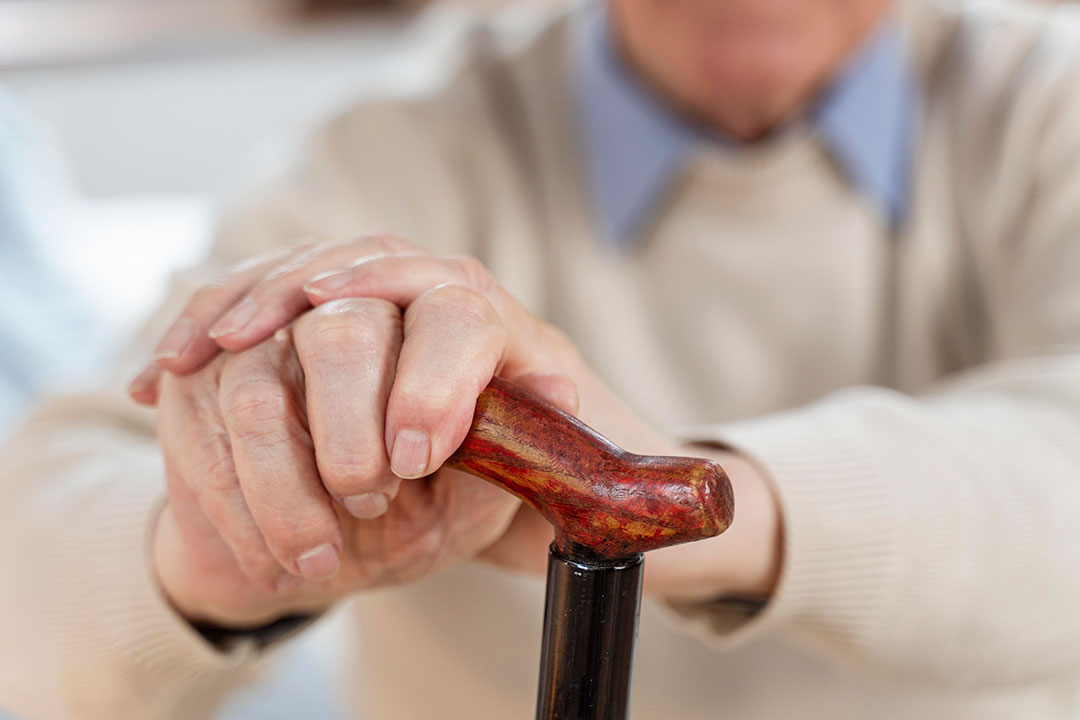
BAGUIO CITY — From 2017 to September of this year, a total of 12,186 Filipino centenarians have each been awarded P100,000 cash and other benefits, the Department of Social Welfare and Development (DSWD) said on Tuesday as it eyes collaborations with local government units (LGUs) to enhance the country’s Centenarian Program.
“This achievement serves as a testament to the nation’s unwavering commitment to honoring its elderly citizens,” DSWD Assistant Secretary Romel Lopez in a statement, noting the department’s implementation of the program as mandated by Republic Act No. 10868 (Centenarian Act).
Filipino centenarians who live in the country or abroad are given a cash incentive of P100,000, as well as a letter of felicitation signed by the President of the Philippines, congratulating them on their reaching the age of 100 years old.
At present, the DSWD is eyeing collaborations with local government units and the National Commission on Senior Citizens to enhance planning and budgeting for the project, said Mr. Lopez.
In addition to the cash gift, the DSWD provides a posthumous plaque of recognition for a deceased centenarian, which may be received by the centenarian’s nearest surviving relative.
“The Centenarian Program represents our respect for our elderly and acknowledges the invaluable contributions they have made to society over the decades,” said Mr. Lopez.
He further pointed out that in order to receive benefits under the law, relatives of centenarians must submit primary documents, such as birth certificates and Philippine passports to their local City or Municipal Social Welfare Office and/or the Office for Senior Citizens Affairs (OSCA).
If the two documents are not available, any of the primary identification cards issued by OSCA, Government Service Insurance System (GSIS), and Social Security System (SSS); a driver’s license; a Professional Regulations Commission (PRC) license; or a Commission on Elections (Comelec) Voter’s ID will suffice.
“In cases that the said identification documents are not available, the centenarian or their family members can submit any secondary documents such as marriage certificate, birth certificate of a child borne by the centenarian, among others,” he said. — Artemio A. Dumlao



